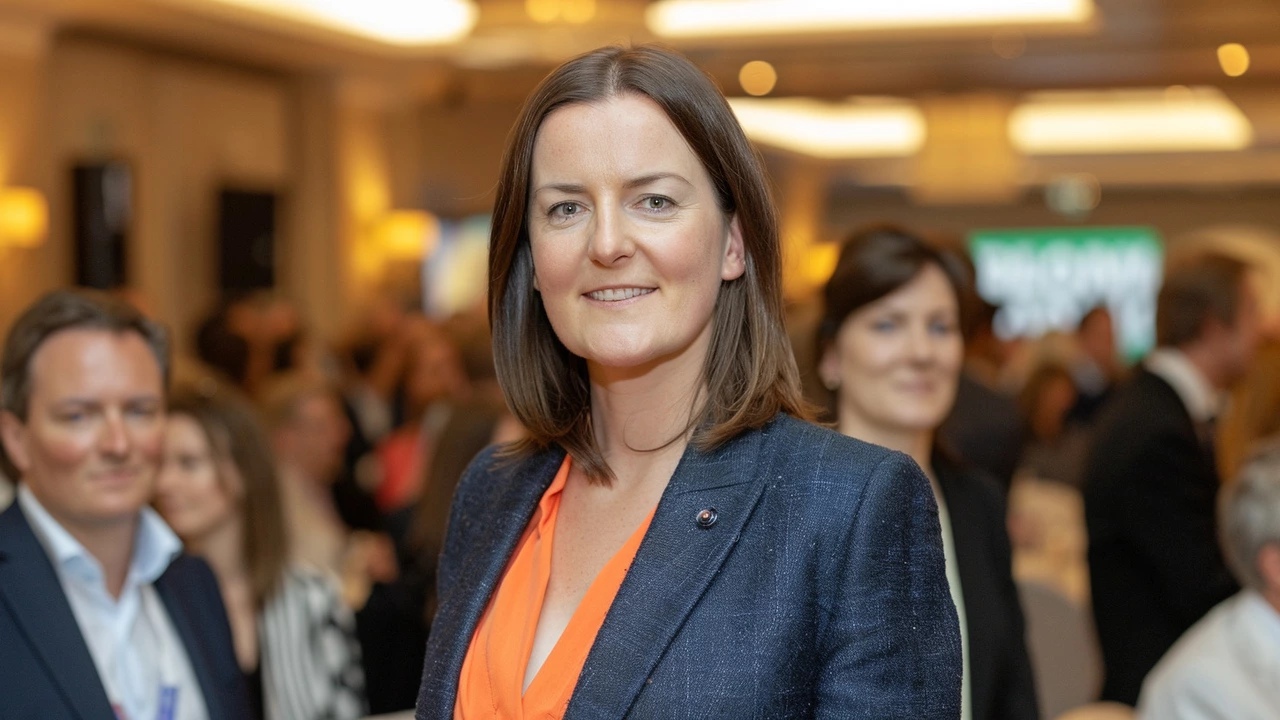General Election: What’s Happening and Why It Matters
Got a minute? Let’s break down the General Election in plain English. It’s the big moment when voters choose who will run the country, and every vote counts. Whether you’re a first‑time voter or a seasoned pro, knowing the basics helps you feel confident at the ballot box.
First up, the timeline. The election date is set by the government, and you’ll hear a lot about ‘campaign week’ on the news. In the UK, the campaign usually runs for about a month before polling day. That’s the window when parties unleash manifestos, candidates hit the road, and debates fire up social media. Mark the date on your calendar – missing it means missing your chance to have a say.
How Voting Works – A Quick Guide
When you walk into your local polling station, you’ll get a ballot paper with the list of candidates for your constituency. Simply put an X next to the name you want and drop it in the box. No fancy tricks, just a clear mark. If you’re unsure who’s on the list, the station staff can point you in the right direction, but they won’t tell you who to vote for – that’s your call.
Want to vote early? Many areas offer postal voting or proxy voting if you can’t make it on the day. Sign up for a postal ballot well before the deadline, and you’ll get the papers sent to your home. It’s a handy option for busy schedules or anyone who’s traveling.
Key Issues Shaping This Election
Every election has a handful of topics that dominate the conversation. Right now, the biggest headlines are the economy, health care, and climate change. Parties are laying out plans on everything from tax cuts to NHS funding, and voters are weighing which proposals line up with their own priorities.
Take the economy – one side might push for lower taxes to boost spending, while another argues for higher taxes on the wealthy to fund public services. Health care debates often focus on waiting times and hospital staffing. Climate change discussions revolve around renewable energy targets and transportation policies. Think about which issues affect your daily life the most, and let that guide your decision.
Even if you’re not following every political nuance, checking a few trusted news sources can give you a snapshot of each party’s stance. Look for clear, concise explanations rather than jargon‑filled speeches.
Finally, remember that your vote isn’t just about choosing a party; it’s about shaping the future of services you rely on, the laws that affect your community, and the direction the country takes. Whether you’re voting for change or stability, understanding the process and the issues gives your vote real power.
So, grab that ballot, check your polling station’s opening hours, and head out on election day. Your voice matters – make it heard.
Politics

Conservative MP Lucy Allan Endorses Reform UK Candidate: A Significant Political Shift
Conservative MP Lucy Allan's support for Reform UK candidate Alan Adams in the general election could sway voters and impact Rishi Sunak's campaign. Allan, who resigned from the Conservative Party last year, risks disciplinary action but remains steadfast in her decision. Reform UK leader Richard Tice welcomes her endorsement, signaling a shift in the political landscape.